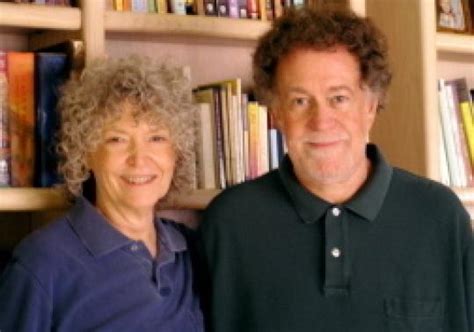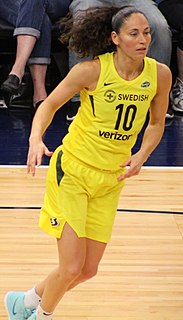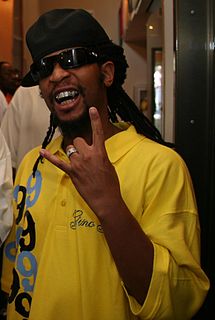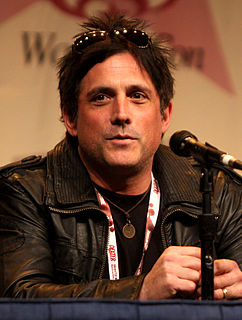A Quote by Rachel Morrison
I think there's this assumption that everybody would rather be a director, and I don't know that that's the case for me, so we'll see.
Related Quotes
Boredom or discontent is useful to me when I acknowledge it and see clearly my assumption that there's something else I would rather be doing. In this way boredom can act as an invitation to freedom by opening me to new options and thoughts. For example, if I can't change the activity, can I look at it more honestly?
Almost always when I told someone I was writing a book about "eating animals", they assumed, even without knowing anything about my views, that it was a case for vegetarianism. It's a telling assumption, one that implies not only that a thorough inquiry into animal agriculture would lead one away from eating meat, but that most people already know that to be the case.
I think the 'New York Times' reviews overall tend to overlook popular fiction, whether you're a man, woman, white, black, purple or pink. I think there are a lot of readers who would like to see reviews that belong in the range of commercial fiction rather than making the blanket assumption that all commercial fiction is unworthy.
Getting faculties to come to a consensus about something that they've never really thought about or had to worry about in their careers before can be a rather slow process and a long process, it certainly was the case at Harvard, and it's the case with most of the general education curricula that I know of, it takes four or five years just to get everybody on board with one idea.





































